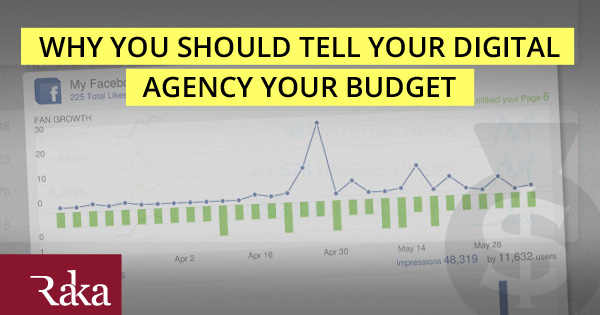Building a website to represent your brand online is neither easy nor cheap if it’s done right. After a finished website is launched, tested, and applauded, everyone involved breathes a sigh of relief and hopes they never have to worry about it ever again.
That’s a little bit of an exaggeration, but the desire to go hands-off after a site launch is real for many companies. The thing is, even great websites require maintenance. What kind of maintenance? It depends. You first need to conduct a website audit to find out what updates are necessary.
But we just built this website! Do we still have to audit?
Yep. Sorry.
I could give you any number of analogies here—changing the oil in a car, tuning an instrument, pruning a plant, etc.—but the point is, your website needs to be taken care of in order to function the way it should, both for the user and for your business. And on the internet, where new technology emerges daily and best practices are constantly shifting, that means staying as up-to-date as possible.
Another, slightly less metaphorical reason to conduct a website audit? We’re guessing you’ve added to your website in the last year: blog posts, press releases, new landing pages or CTAs, maybe a new case study or testimonial? If so, great! Now, do all of those new pieces of content have links? Good! Do you know where they all go?
…
Are all those links still live, non-redirected, and sending your users down the best user path to generate lead conversions?
…
Are all the title tags and meta descriptions within character limits? Optimized for search?
…
Even if you’re not regularly adding new pages to the main site, it’s incredibly easy for a website to become a web of new content that is both hard to navigate for the user and damaging to your site’s search optimization and overall credibility. That doesn’t mean you shouldn’t add new content to your site, but it does mean that you need to take the time to review your site’s growth annually, so it doesn’t get out of hand.
So what’s involved in a website audit?
Whether you’re conducting a website audit in-house or outsourcing to an agency partner, there are a few main areas that should be covered:
- Content
- SEO
- Design/user experience
- Technical
For content, you want to audit to ensure all site copy is still accurate and following the style of your brand. SEO is where you look for things like broken links, missing meta descriptions, or over-long title tags that could be hurting your search rankings. When we talk about design and user experience, you should ask yourself, is your website starting to look outdated or is it difficult for a visitor to find what they’re looking for? A technical audit means ensuring your page load speed is up to snuff and there’s no extraneous nonsense in the site code.
Now, there are tools that can help you with some of these tasks. Moz.com’s Site Explorer, for example, can help you research backlinks, find link-building opportunities, and discover broken links that could be damaging your SEO. But if you don’t have someone on staff who actually understands what all of this means and how to fix it, you might want to call in reinforcements.
We get it, you spent a lot of time (and probably money) on your website and you’ve got other things to worry about. But without annual checkups, you may find the beautiful website you spent all that time and money on is obsolete within a few years.
Don’t believe me? Sign up for a free website audit below, and we’ll do everything I talked about here to get you started on improving your website.





